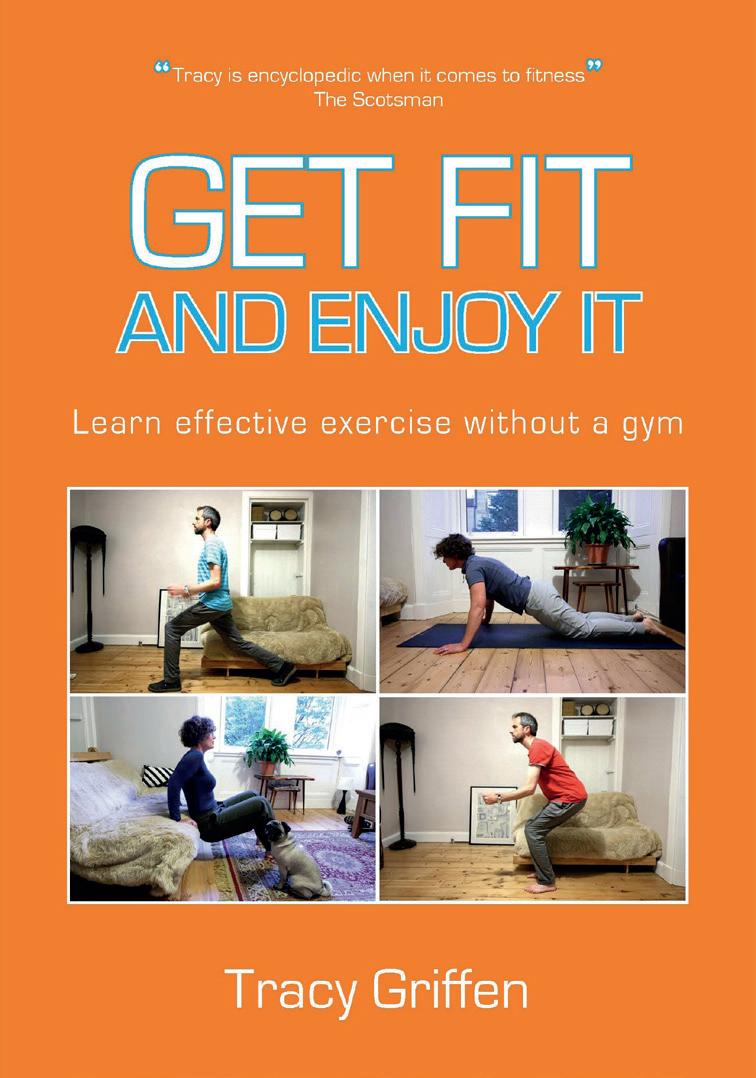
2 minute read
Rest Is Best
By Tracy Griffen
It is a time where life is returning to ‘normal’. After lockdowns and enforced staying at home, many of us are back to working at the office, socialising and generally being busy. What’s not being talked about is how we’re coping. It’s exhausting having a hurly burly lifestyle, especially if you are recovering from Covid. My accountant told me how exhausted she was, post-viral, working full time with a house to run, whilst caring for her elderly Mum. I naively asked if she ever had time for an afternoon nap, and she looked at me as if it was the craziest question anyone had ever asked her. We make time to be busy, but should we be making time to rest and recover? Perhaps we should. If you’re recovering from a viral infection, you may find your energy levels are not what they used to be. Having recently qualified in Covid Rehabilitation and trained a number of post-Covid fitness clients, I have heard their frustration at not being able to do what they used to do. If they go for a run or fast walk, they’re often wiped out for days afterwards. This is their body telling them to take it easy. As frustrating as it may be, the only way to build up fitness post-viral (or any fitness really) is slowly and gradually. If you have not been active, it is unlikely you’ll be able to do what you could do even a year ago. The important thing is to recognise this, set small and achievable goals, and take extra rest in between bouts of exertion. Sleep is when your body repairs itself, when your brain processes the day’s information and when your body mops up oxidative stress and prepares you for the day ahead. You need to rest and recover after aerobic exercise, as the body replenishes it’s glycogen supply (sugar stored in the muscles, your fuel). High intensity exercise puts an extra stress on the immune system, so it’s best to avoid strenuous exercise if you’re feeling under the weather. In my previous column I recommended heart rate training, wearing a heart rate monitor (HRM) to ensure your exertion levels stay within a lower level of intensity. Exercise so you feel slightly puffed, but not absolutely exhausted. If it means that you need to go slower than before, so be it. And I wasn’t joking about the afternoon nap. If you can get 20 to 30 minutes shut eye in the afternoon, you might find your energy levels and concentration improve. If anyone asks, tell them you’re napping for your health and mood. More on napping in my next column.
Advertisement





